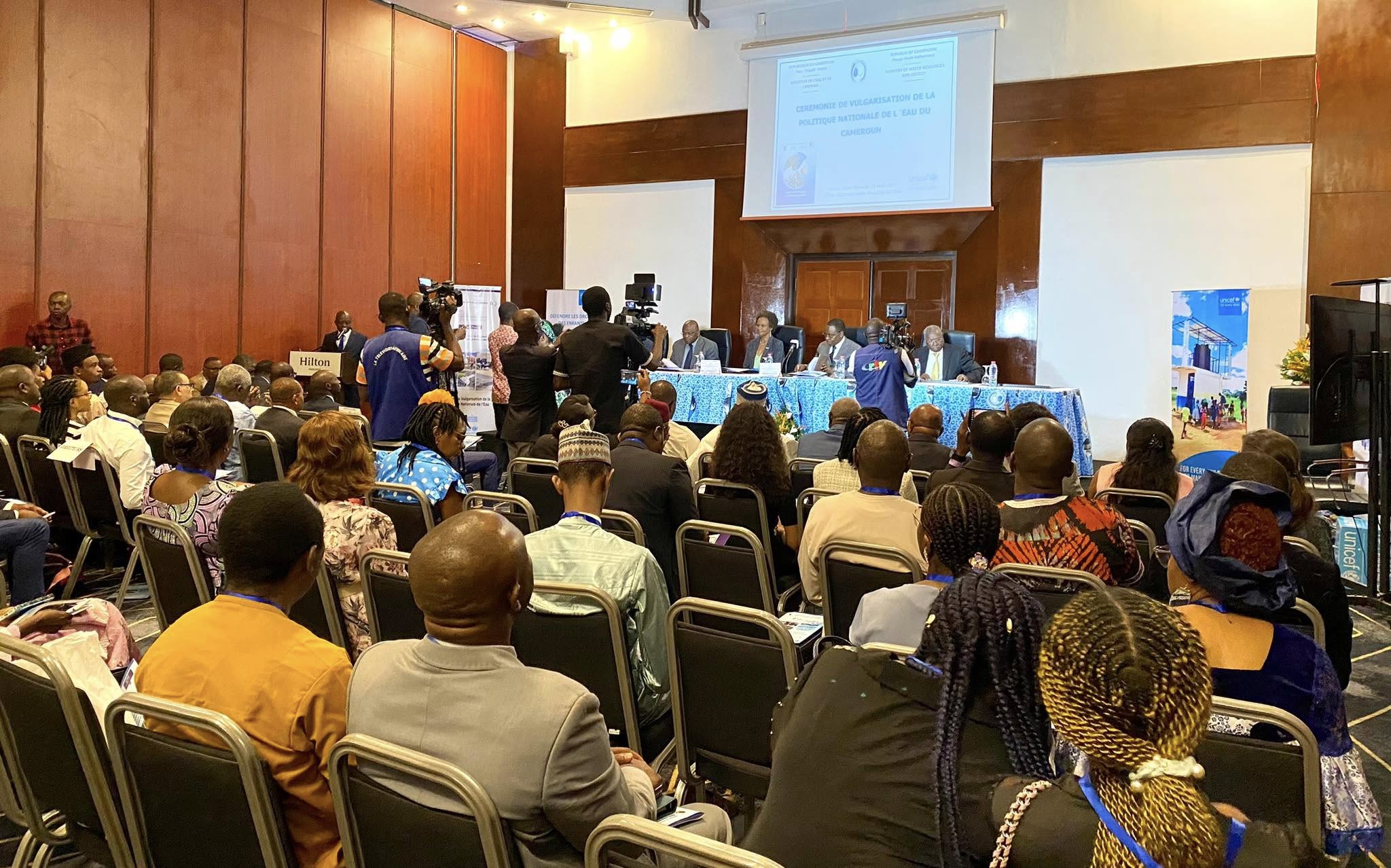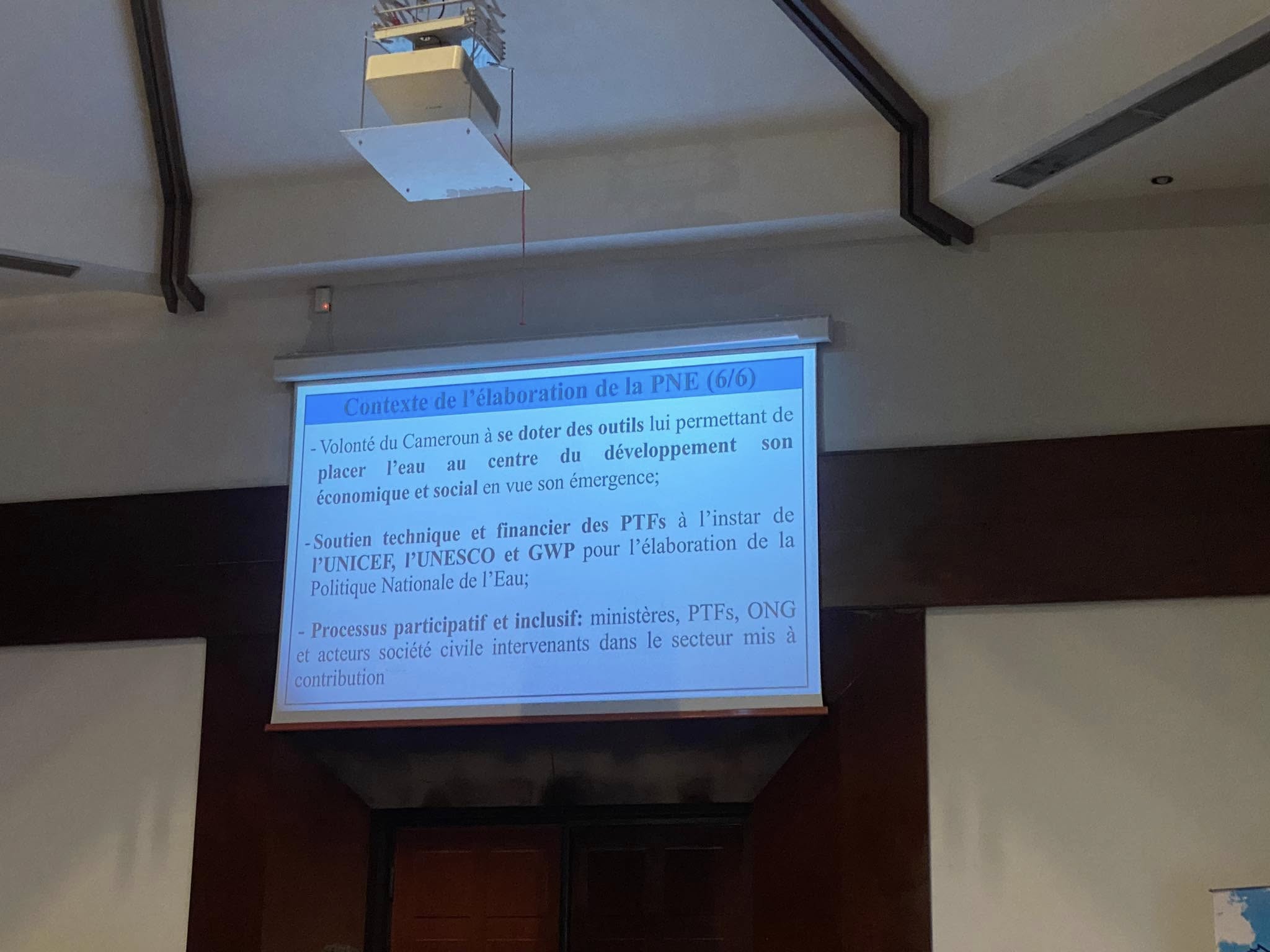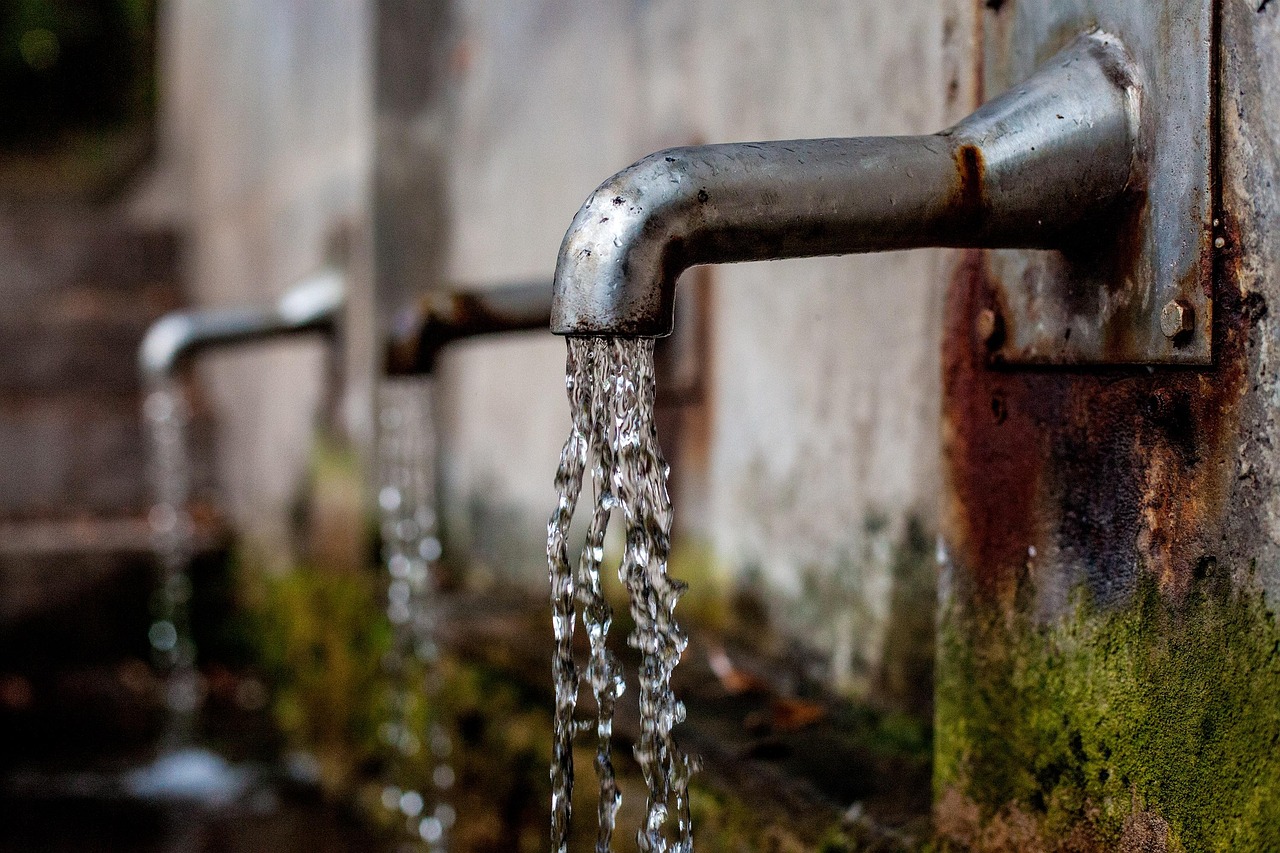As part of the 2025 World Water Week celebrations in Cameroon, the Ministry of Water Resources and Energy, with the support of UNICEF Cameroon, organized a national multi-stakeholder workshop to popularize the national water policy and mobilize water actors to promote joint efforts towards its implementation. A SWOT analysis of water resources and their uses revealed two important challenges: the control of nuisances and water risks. With a vision for all water resources in the country to be identified and sustainably managed by 2035, the National Water Policy is vital to addressing these challenges.

The strategic document highlights the importance of Integrated Water Resources Management (IWRM), the protection of water resources, and the improvement of access to drinking water and sanitation, which has a target of 60% by 2030.
Overall, the six strategic orientations of the National Water Policy include
- Ensure access to water and sanitation.
- Develop knowledge and monitor the country’s water resources.
- Promote the construction of structuring infrastructures and the economic value of water resources in a bid to promote sustainable development.
- Promote local finance, good governance of the water sector, and accountability of stakeholders.
- Restore, protect, and preserve the health of the continental aquatic ecosystem.
- Promote ecotourism and enhance the cultural function of water.
Admitting the inadequacies in the water sector to date, the Director of Water Resources, Mr. Madi Voundou, said, “Sixty years after independence, many Cameroonians still do not have access to clean water at affordable costs.” A problem he attributes mainly to poor collaboration between key players in the sector leading to uncoordinated efforts. To close this gap, one major component of the plan involves establishing an intersectoral coordination mechanism to align stakeholder actions and ensure cohesive implementation.

As a convener of key actors in the water and climate sector, GWP-Central Africa and GWP-Cameroon have been supporting the government since the elaboration phase of the policy by providing technical expertise and facilitating resource mobilization to address the concerns of funding, which continues to be a challenge in the implementation of the policy.
Now in the implementation phase, the popularisation of the policy document seeks to solicit engagement from key national and international actors to improve water access, promote socio-economic development and environmental protection in a climate change context.
